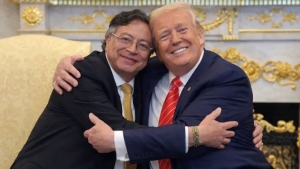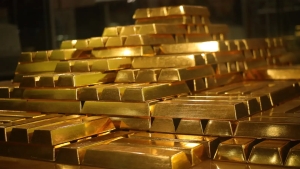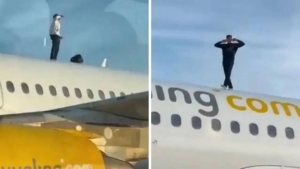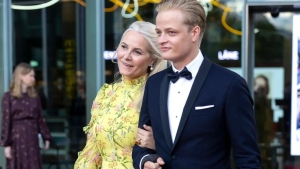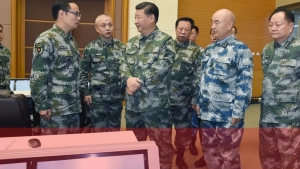What is Putin saying about the "Easter peace"?
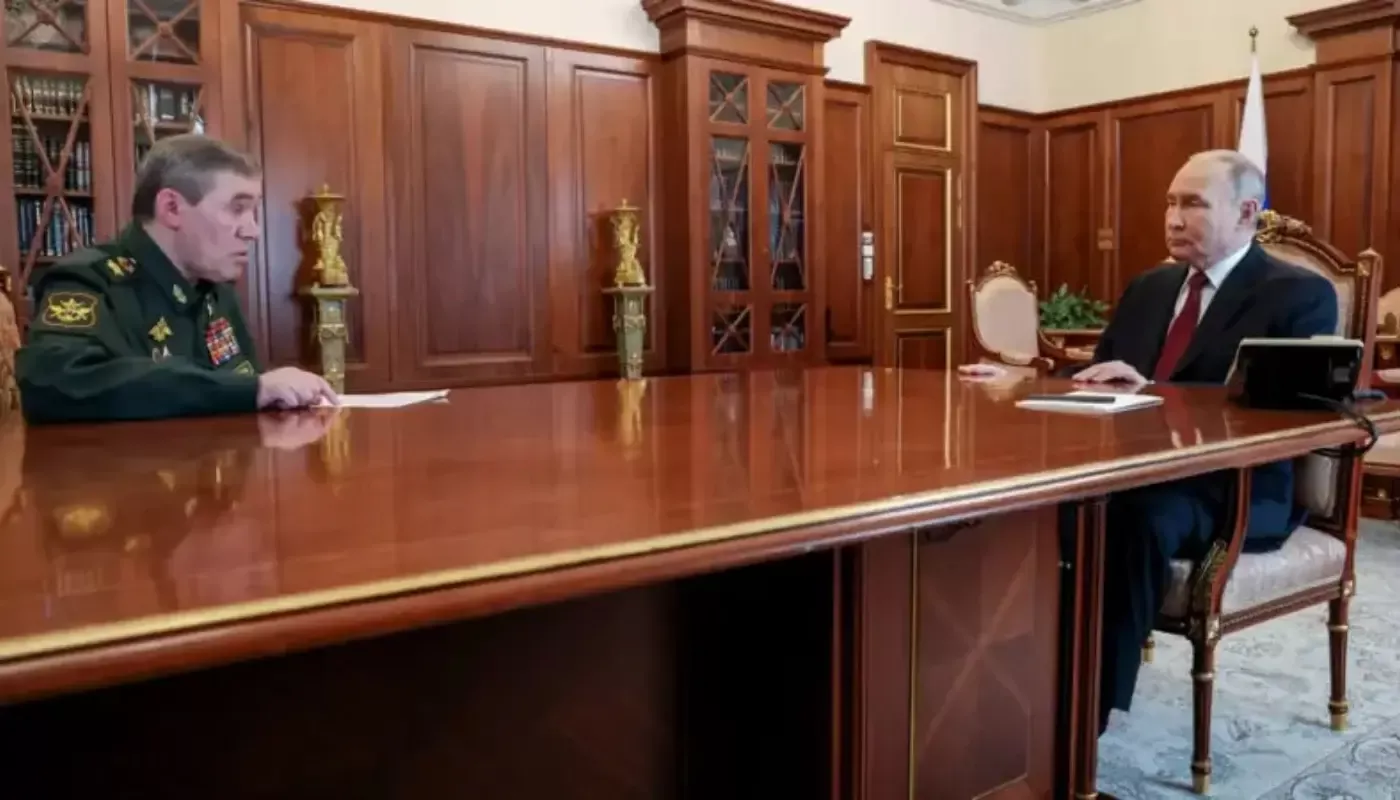
The Ukrainian leadership and Western experts do not believe in the sincerity of Russian President Vladimir Putin's intention to declare a 30-hour truce on the occasion of Easter a day ago. In their opinion, Putin wants to maintain the trust of US President Donald Trump, who threatened to halt peace negotiations a day earlier. Pro-war bloggers also write that the 'Easter truce' is aimed only at an external audience.
On Sunday morning, Ukrainian President Volodymyr Zelensky announced that there had been 59 instances of shelling and five assault attempts in various directions along the front. He referred to a report from the commander-in-chief of the Ukrainian armed forces, Oleksandr Syrskiy.
"Our fighters respond appropriately everywhere, depending on the specific combat conditions. Ukraine will continue to respond appropriately," Zelensky said.
"Overall, it can be said that on Easter morning, the Russian army is trying to create a general impression that shelling has been halted, but sometimes it does not stop specific attempts to advance and harm Ukraine. Russia must fully comply with the conditions of silence," the Ukrainian president concluded.
The Russian Ministry of Defense has not reported any violations of the 'Easter truce'.
Experts do not believe that the 30-hour ceasefire announced by Moscow could lead to a long-term truce at this time. "I do not consider this a serious indication of Putin's readiness for peace," said Erik Chiaramella, a senior researcher at the Carnegie Endowment, who previously worked at the US National Intelligence Council, to the Washington Post.
"This is simply a maneuver aimed at preserving President Trump's goodwill. If Putin's intentions were serious, the Ukrainians would have already accepted a longer-term truce that they had agreed to," Chiaramella believes.
A Russian scholar, speaking anonymously to an American publication, speculated that Putin's statement about the short-term 'Easter truce' came at a time when "the Russian leadership understood that they needed to make some gesture to pass the ball to the other side's court".
"There is a propaganda war going on between Moscow and Kyiv, and both sides are trying to blame each other for the continuation of the conflict," the expert said. "This is theater for one audience – Donald Trump," he added.
A day earlier, Trump had threatened to halt attempts at a peaceful resolution if Moscow and Kyiv did not make progress in negotiations soon, following US Secretary of State Marco Rubio. Less than a day later, Putin's statement about the 30-hour ceasefire was made.
Zelensky, who accused Russia of continuing to fire, also promised that Kyiv would adhere to the ceasefire regime if Russian troops did not violate it.
Analysts believe that the proposal for a short-term ceasefire is an easy diplomatic victory for Putin, as well as an attempt to hinder the American side's exit from the conflict, the Wall Street Journal reports. The publication noted, like others, that the Russian president's statement came a day after the Trump administration threatened to abandon efforts to cease fire.
Pro-war bloggers in Russia welcomed the 'Easter truce' and linked it to an attempt to confront the US. According to the author of the Rybar telegram channel, which is close to the Russian Ministry of Defense, the 30-hour ceasefire "does not give the enemy a significant military advantage, but becomes an important element that strengthens Russia's diplomatic position".
"Being the first to announce reconciliation and demonstrating readiness for a peace initiative is primarily about working for an external audience. Especially while consultations with foreign states are ongoing," Rybar writes. The 'Dva mayora' telegram channel called on Russian soldiers fighting in Ukraine to "strictly adhere to the tasks of establishing peace": "Today, you are the ones setting Russia's political agenda on the international stage".
The 'Arhangelsk spesnaza' channel speculated that the Ukrainian armed forces would "continue strikes and assaults", and therefore "this truce is unlikely to last more than two days".
For his part, Zelensky is accusing Russia of continuing military actions.
"We are recording the real situation in all directions. The Kursk and Belgorod regions – Putin's Easter statements did not apply to these areas. Military actions are ongoing, Russian strikes are continuing," said the Ukrainian president.
"In some directions on the front, it is not the Russian leader's promise of peace that is heard, but rather the Russian artillery continues to roar. Russian drones are being used. Only in some directions is it calmer," Zelensky said, but did not clarify which directions had seen a decrease in the intensity of military actions.
Earlier, he had stated that "Ukraine will respond accordingly": "Silence for silence, strikes for strikes". Andriy Sibiga, head of the Ukrainian Foreign Ministry, reminded that Kyiv had agreed to the unconditional ceasefire proposal from the US during negotiations in Saudi Arabia on March 11.
"Now Putin has supposedly made a statement about his readiness to cease fire. Instead of 30 days – 30 hours. Unfortunately, history shows that his statements do not match his actions. We know we cannot trust his words and look at actions, not words," Sibiga wrote on the X social network. He emphasized that Russia could agree to the complete and unconditional cessation of fire for 30 days, which has been "on the table since March".
Trump has not yet commented on the 'Easter truce', and the European Union is viewing it with skepticism. "Russia has presented itself as an aggressor, so first and foremost we need to see a real cessation of aggression and concrete actions to halt fire for the long term," said Anita Hipper, a spokesperson for the European Commission on foreign affairs and security policy, on Saturday (quoted by Reuters).
At the same time, those at the Wall Street Journal believe that Putin's demand to resolve the issues he referred to as the "main causes" of the war before halting it may indicate a retreat.
The Washington Post reminded that when the UN proposed an 'Easter truce' in April 2022, Russia rejected it. Russia, in turn, proposed a ceasefire for Christmas in 2023, but at that time Ukraine did not agree.
On Sunday morning, Zelensky stated that Ukraine's proposal to extend the ceasefire regime for 30 days after midnight on Sunday remains in effect.



